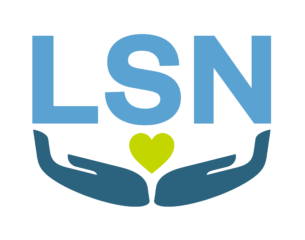Insomnia is classified as the inability to fall asleep or remain asleep. It is the most common sleep disorder in the United States.
Causes
Insomnia can be caused by either physical conditions (example: restless leg syndrome), mental conditions (example: depression, anxiety), or external factors (such as alcohol use, caffeine consumption).
Symptoms
- Difficulty falling asleep on most nights.
- Feeling tired during the day or falling asleep during the day.
- Not feeling refreshed when you wake up.
- Waking up several times during sleep.
People who have insomnia often experience these symptoms. They also sometimes tend to have self-fulfilling thoughts– i.e. they tend to think about not getting enough sleep, causing frustration, distress, and further sleep difficulties.
Diagnosis
Your health care provider will do a physical exam and ask you questions about your current medications, drug use, and medical history. Usually, these are the only methods needed to diagnose insomnia. However, sometimes an overnight sleep study can help rule out other types of sleep disorders.
Treatment
Treatment is most commonly through behavioral approaches and prescription medications called hypnotics. Medications are only a short-term solution and the most important thing when treating insomnia is developing good sleep practices. Try some of the following tips if you think you might be experiencing insomnia:
- Eat at regular times each day (avoid large meals near bedtime).
- Exercise at least 2 hours before going to bed.
- Go to bed at the same time every night.
- Keep comfortable sleeping conditions.
- Remove the anxiety that comes with trying to sleep by reassuring yourself that you will sleep or by distracting yourself.
- Use the bed only for sleep and sex.
- Avoid caffeine, alcohol, or nicotine before bed.
For more sleep tips, see Do’s and Don’ts of Sleep.

